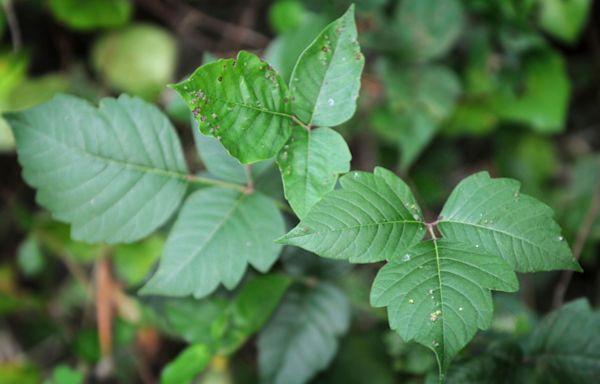Search results
News about poison ivy, Kite Man, Harley Quinn
News about goats, Village of Whiting, Massachusetts
Also in the news
May 15, 2024 · Signs and symptoms of a poison ivy rash include: Redness; Itching; Swelling; Blisters; Difficulty breathing, if you've inhaled the smoke from burning poison ivy; Poison ivy rash often appears in a straight line because of the way the plant brushes against your skin.
May 7, 2020 · We'll show you how to identify poison ivy during the spring, summer, fall, and winter.
Mar 12, 2024 · Poison ivy can be found in nearly every state, so there’s a good chance you will eventually cross paths with it. See pictures and learn about remedies.
May 15, 2024 · Poison ivy treatments usually involve self-care methods at home. And the rash typically goes away on its own in two to three weeks. If the rash is widespread or causes many blisters, your doctor may prescribe an oral corticosteroid, such as prednisone, to reduce swelling.
Poison ivy is a type of allergenic plant in the genus Toxicodendron native to Asia and North America. Formerly considered a single species, Toxicodendron radicans, poison ivies are now generally treated as a complex of three separate species: Toxicodendron radicans, Toxicodendron rydbergii, and Toxicodendron orientale.
Apr 19, 2024 · Poison ivy is a poisonous plant that can cause a skin rash in people who come into contact with its leaves, stems, or roots. The medical name for this rash is contact dermatitis or Rhus...
Mar 21, 2024 · Poison ivy, poison oak, and poison sumac are among the most common causes of contact dermatitis in the U.S. See pictures of what a poison ivy rash looks like and find out how to treat it.
May 5, 2023 · Poison ivy rashes cause mild (but annoying) symptoms that go away within a week or two. Rarely, a skin rash can last for longer than a month. Try not to scratch.
Tips for treating poison ivy. A rash from poison ivy, poison oak or poison sumac is caused by an oil found in these plants called urushiol. When this oil touches your skin, it often causes an itchy, blistering rash. Most people can safely treat the rash at home.
Poison ivy, poison oak, and poison sumac are plants that cause an allergic rash in most people who touch them. The rash is caused by a reaction to an oil in the plants called urushiol. The rash can't be spread from person to person by touching the blisters, or from the fluid inside the blisters.




